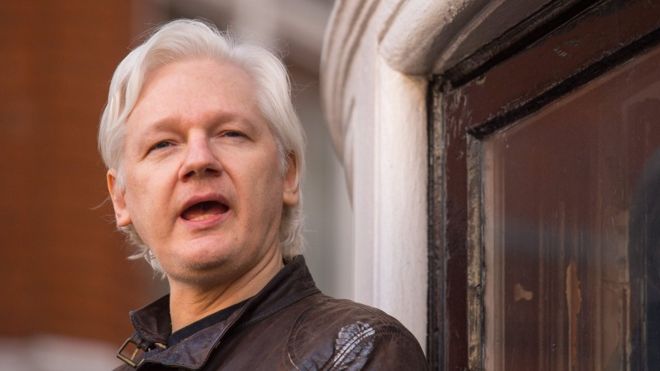
From its inception, WikiLeaks has operated in a hazy realm between journalism and activism, a prime example of the transformative power of the Internet to democratize information and subverse the powers that be. The mission of Wikileaks, in its ideal form, snugly fits into a modern liberal world vision; to dredge up the classified documents circulating in the backchannels powerful institutions around the world. Freedom of the press and government transparency supposedly support healthy democracy, which relies on whistleblowers to report violations and abuses of power.
How then has the narrative of WikiLeaks as an unofficial enemy of the United States developed? If WikiLeaks maintains a political agenda, outside of being anti-government, then it’s impossible to pin down. At one point or another, it feels as though every political party and government entity has been in the crosshairs of WikiLeaks. The question remains, is the animosity towards WikiLeaks a byproduct of the site being a source of open information or has WikiLeaks truly taken active political action inappropriate for a news outlet?
In Daniel Domscheit-Berg’s revelatory book, “Inside WikiLeaks,” Domscheit-Berg exposes Julian Assange as a power-hungry visionary. This supports the description largely accepted after WikiLeaks’ involvement in the 2016 election that Russia uses WikiLeaks to further its own far-reaching political ends. However, it is also hard to believe that Donald Trump fits Assange’s vision of the proper leader. Not only has Trump condoned human rights violations, but he’s the archetype of the surreptitious authoritarian leader that WikiLeaks is designed to expose. Assange leads his brainchild in the same manner as the leaders he despises: a capitalist, cultish, opportunist.
In no way is Julian Assange a flawless crusader for democracy and ethical government. He has revealed himself as a disappointing savior in these times of misinformation. Yet, the world increasingly requires whistleblowers like him to check powerful leaders. Hacking emails grossly violates privacy and is especially unfair when one political party falls prey to the hacks and the other does not. However, Julian Assange is not impelled to privilege classified information from one party over the other. Assange despised both Clinton and Trump. He is essentially a career protester, the student who relishes playing devil’s advocate for both sides, forever unsatisfied. The voters were, whether unfairly or not, better informed as a result of the Democratic National Committee email hack.
Assange’s sexual misconduct allegations, and his refusal to face them, forever mark him as a villain and add to his personal missteps. WikiLeaks has a history of ethically dubious releases that have endangered lives of service members in their tunnel-visioned embrace of transparency. We can acknowledge that Assange is a poor torchbearer for the cause of governmental transparency while also acknowledging the mission of WikiLeaks was once a noble one, perverted by the leadership of Assange. Releasing information will always have negative fallout, but if you immediately saw the value of the Iraq War release, and its revelation of US Army war crimes, without seeing the potential value of the DNC email release, then you let your commitment to transparency be occluded by a political agenda—as Assange perhaps has. But whistleblowers—regardless of political lean—have value. As do the “journalists” (if you can call Assange one) that give whistleblowers a platform. While Assange has at points acted indefensibly, the mob that eagerly piles on Assange today could very well channel its wrath towards legitimate whistleblowing operations in the future. Nobody likes to be exposed—least of all those in power, who benefit from lack of internal control and external oversight in the case of illegitimate dealings.
Julian Assange happened to lack the idealistic and moral virtue to run a truly effective and beaneficial whistleblowing operation. Still, the hatred of him from both sides of the aisle is a testament to his success. The goal of WikiLeaks was never to make friends or promote one political party over another. WikiLeaks is a fitting
Dante Sacco

